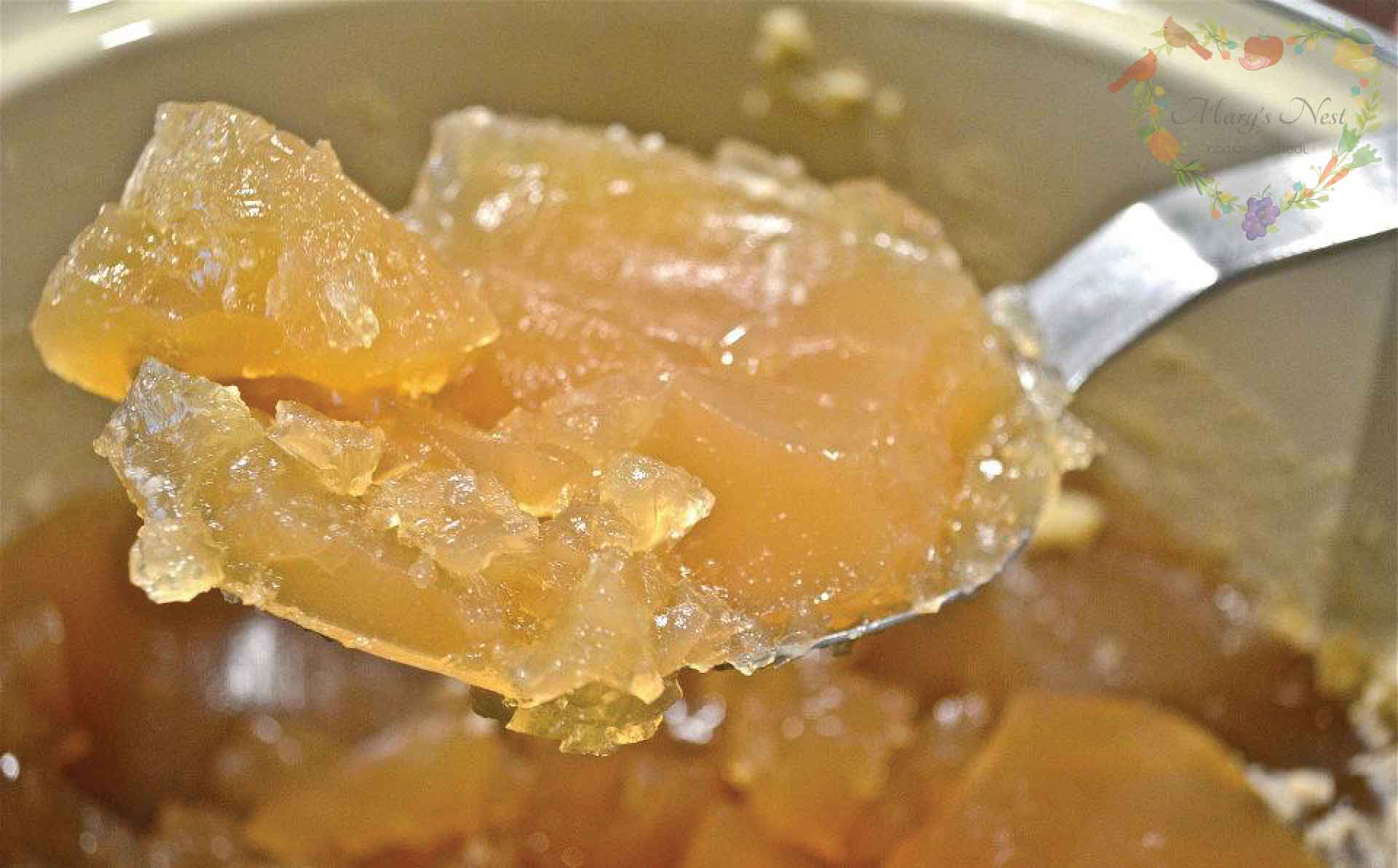Top Reasons to Choose organic bone broth for Infants
Wiki Article
The aValue of Healthy And Balanced Food: Why Bone Broth Is a Great Choice for Babies
Bone broth stands out as a nutrient-dense alternative, offering vital vitamins and minerals that sustain development and advancement. What are the ideal means to present bone broth to your little one?Nutritional Advantages of Bone Broth for Infants
When you introduce bone broth to your baby's diet regimen, you're supplying a nutrient-dense food that provides numerous health and wellness benefits. Packed with essential nutrients, bone broth consists of calcium, magnesium, and phosphorus, which support your baby's growing bones. It's likewise abundant in collagen, helping in the advancement of healthy and balanced skin, joints, and connective cells.Furthermore, bone broth is a superb resource of amino acids like glycine and proline, which play a significant function in overall growth and muscle mass advancement. These nutrients help promote a strong immune system, establishing a solid foundation for your infant's health and wellness.
In addition, bone broth is very easy to digest, making it a mild choice for your youngster. By including this wholesome food right into their dishes, you're guaranteeing they receive vital nutrients essential for their general health. So, go in advance and make bone broth a staple in your infant's diet regimen!
Exactly How Bone Broth Sustains Digestion
Bone broth is loaded with crucial nutrients that can really benefit your infant's food digestion. It promotes gut health and wellness and aids with nutrient absorption, making it a terrific enhancement to their diet. By including bone broth, you're establishing the phase for a much healthier digestion system.Nutrient-Rich Structure
One of the most nutrient-rich foods you can present to your infant's diet plan is bone broth, which is loaded with important minerals and amino acids that sustain healthy and balanced food digestion. Rich in collagen, bone broth helps strengthen your child's intestine cellular lining, making it much easier for their body to take in nutrients. By integrating bone broth into your baby's meals, you're giving them a wholesome food that nurtures their digestive system effectively.Promotes Gut Health
As you introduce bone broth into your infant's diet, you'll locate it not just nurtures yet likewise promotes gut health and wellness effectively. Rich in gelatin, bone broth helps calm the digestion tract, reducing swelling and supporting a healthy gut cellular lining. This is vital for infants, as a balanced gut environment lays the foundation for general health. Furthermore, the amino acids discovered in bone broth, such as glycine, help in food digestion and can help avoid common stomach difficulties. By integrating this nourishing fluid, you're giving your baby with vital nutrients that add to a growing digestive system. Inevitably, a healthy digestive tract can affect everything from immunity to mood, making bone broth an excellent selection for your kid.Aids Nutrient Absorption
Presenting bone broth not just supports digestive tract health but additionally plays a considerable role in aiding vitamins and mineral absorption. When you give your infant bone broth, you're providing a rich source of minerals and amino acids that improve their digestion procedures. The gelatin in bone broth aids to calm the intestine lining, improving its capability to absorb vital nutrients. This indicates that vital minerals and vitamins from other foods are more effectively made use of by your child's growing body. Additionally, bone broth contains collagen, which sustains the advancement of healthy and balanced cells and organs. By incorporating this nutrient-dense fluid into your infant's diet, you're guaranteeing they obtain the optimum benefit from their meals, advertising total health and wellness and well-being.Enhancing the Immune System With Bone Broth

Additionally, bone broth has glycosaminoglycans, like glucosamine, that can enhance the body immune system's capability to function properly. This indicates it not just aids in constructing defenses yet also aids in healing from ailments. By integrating bone broth right into your baby's diet plan, you're providing a natural source of sustenance that advertises wellness. Think about making bone broth a staple in your infant's meals, as it can play an essential function in their immune health and wellness and development.
Easy Ways to Integrate Bone Broth Into Baby's Diet plan
Incorporating bone broth into your child's diet regimen can be simple and fulfilling. You can also utilize bone broth as a base for soups or stews that you prepare for the family members, guaranteeing your infant obtains a preference of delicious, healthy dishes.If your baby takes pleasure in grains, take into consideration cooking rice or quinoa in bone broth instead of water for extra nutrients. These techniques will certainly aid your infant reap the advantages of bone broth easily!
Homemade vs. Store-Bought Bone Broth: What to Choose
Which is much better for your infant: homemade or store-bought bone broth? Home made bone broth provides you full control over the active ingredients. You can select high-grade bones, organic veggies, and herbs, guaranteeing your infant gets one of the most nutrients without ingredients or chemicals. And also, making it at home can be a fulfilling experience, allowing you to bond with your child while preparing wholesome food.On the other hand, store-bought choices are hassle-free and save you time. Nonetheless, they commonly have preservatives and might not match the depth of flavor and nutrition you get from homemade broth. If you choose store-bought, try to find brand names that are organic and cost-free from ingredients.
Inevitably, if you have the time and sources, homemade bone broth is the superior choice for your child's health and wellness. If you're short promptly, pick a quality store-bought option as a back-up.
Age-Appropriate Bone Broth Offering Pointers
As your infant expands, it is very important to tailor bone broth offering recommendations to their developmental phase. For infants around 6 months, start with a couple of spoonfuls of watered down bone broth. Mix it with water or breast milk to make it less complicated for them to absorb. As they end up being familiar with tastes, you can progressively present thicker broth by lowering the dilution.By the time your little one is around a year old, take into consideration providing bone broth as a standalone beverage or blending it into soups and stews. Simply make certain to maintain the broth low in salt.
Various Other Healthy Foods to Couple With Bone Broth for Babies
When you're looking to boost the dietary value of bone broth for your infant, take into consideration coupling it with nutrient-dense vegetables like carrots and spinach. Entire grain choices, such as quinoa or brown rice, can also include structure and fiber. Additionally, integrating healthy protein resources like shredded chicken or lentils will complete the meal well.
Nutrient-Dense Vegetables
Nutrient-dense veggies are an amazing enhancement to bone broth for babies, enhancing both taste and nourishment. Incorporating veggies like carrots, spinach, and wonderful potatoes can increase the nutrient material of your broth. Carrots provide beta-carotene for webpage healthy vision, while spinach is loaded with iron and calcium, vital for development. Pleasant potatoes include natural sweetness and are rich in fiber, helping food digestion.You can quickly blend these vegetables into the broth or offer them pop over to these guys as soft, prepared pieces together with it. This not just introduces new tastes however additionally urges your youngster to delight in a selection of nutrients. By combining nutrient-dense veggies with bone broth, you're laying the structure for a healthy diet plan right from the beginning.
Whole Grain Options

Healthy Protein Sources
Bone broth pairs wonderfully with different healthy and balanced protein resources, better enhancing your infant's diet plan. Attempt including soft, prepared lentils; they're nutrient-dense and stuffed with protein. You can also blend in shredded chicken or turkey, which are easy for your child to digest. If you're trying to find plant-based alternatives, consider mashed tofu or pureed chickpeas-- both give superb healthy protein without frustrating flavors. Eggs, when presented securely, are one more excellent selection; they're versatile and loaded with nutrients. Inevitably, mixing in some well-cooked quinoa can add a nice texture and added protein. By incorporating these healthy and balanced protein sources with bone broth, you're offering your baby a balanced, nourishing meal that sustains their growth and development.Regularly Asked Questions
Can Bone Broth Reason Allergic Responses in Infants?
Yes, bone broth can trigger allergies in babies, especially if they're delicate to specific ingredients. Constantly consult your doctor before presenting brand-new foods and screen for any signs of allergic reactions after feeding.How Should Bone Broth Be Stored for Infants?
You need to keep bone broth in my website closed containers, either in the refrigerator for approximately a week or in the freezer for approximately 3 months. bone broth for pregnancy. Always thaw it properly prior to serving to your babyIs It Safe to Provide Bone Broth to Premature Babies?
It's necessary to consult your pediatrician prior to introducing bone broth to early infants. They'll evaluate your child's particular wellness needs and assure it's secure, considering their special nutritional requirements and developmental phase. Always prioritize professional advice.What Are the Indicators of Intolerance to Bone Broth in Infants?
When introducing bone broth, look for signs like fussiness, rash, diarrhea, or vomiting. If your infant reveals any one of these responses, it's best to get in touch with a doctor before remaining to offer it.Can Bone Broth Be Utilized as a Meal Replacement for Infants?
No, you shouldn't make use of bone broth as a meal replacement for infants. It does not have crucial nutrients needed for their development. Instead, include it into their diet plan along with well balanced meals for added nourishment and flavor.Report this wiki page